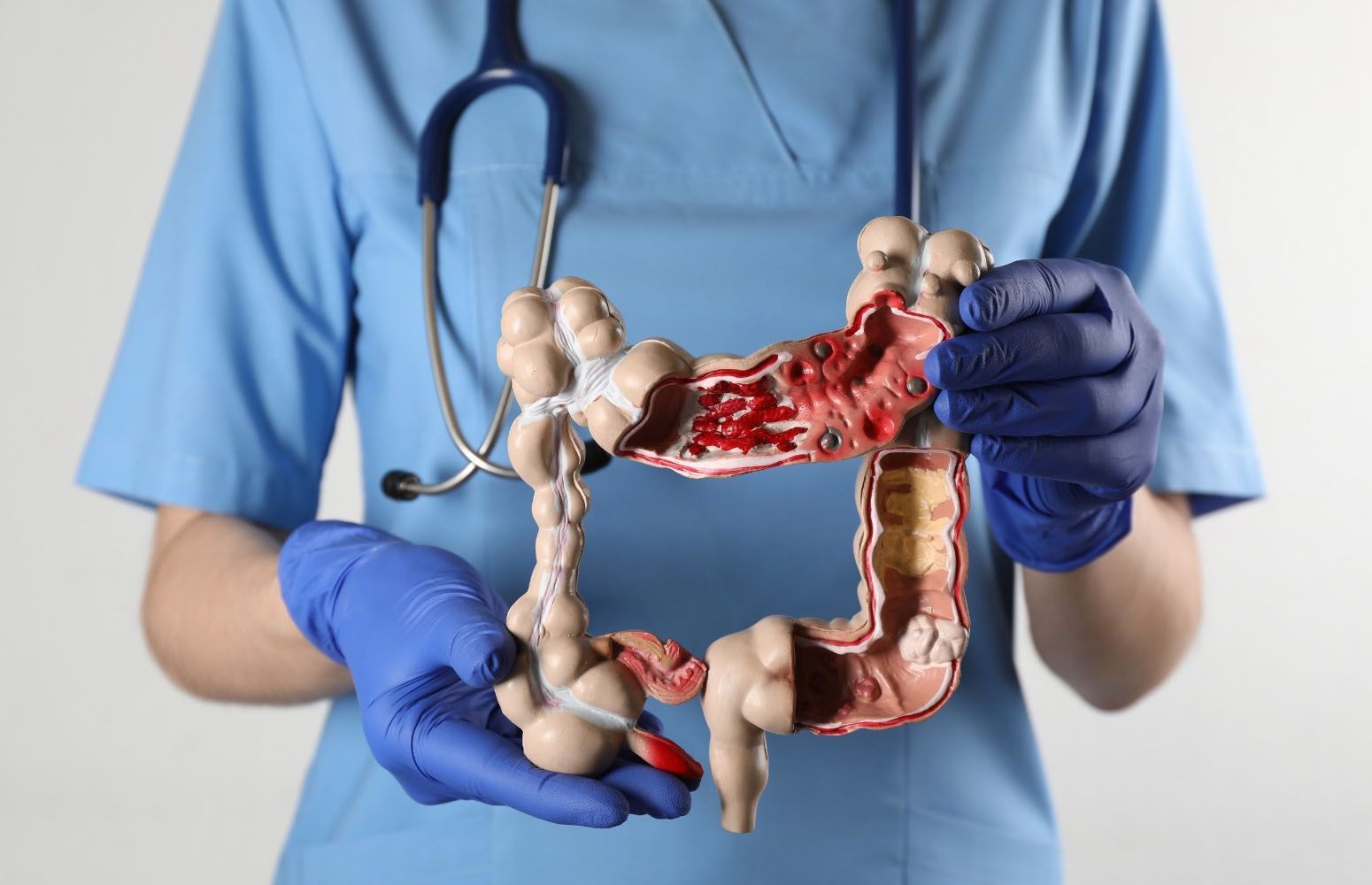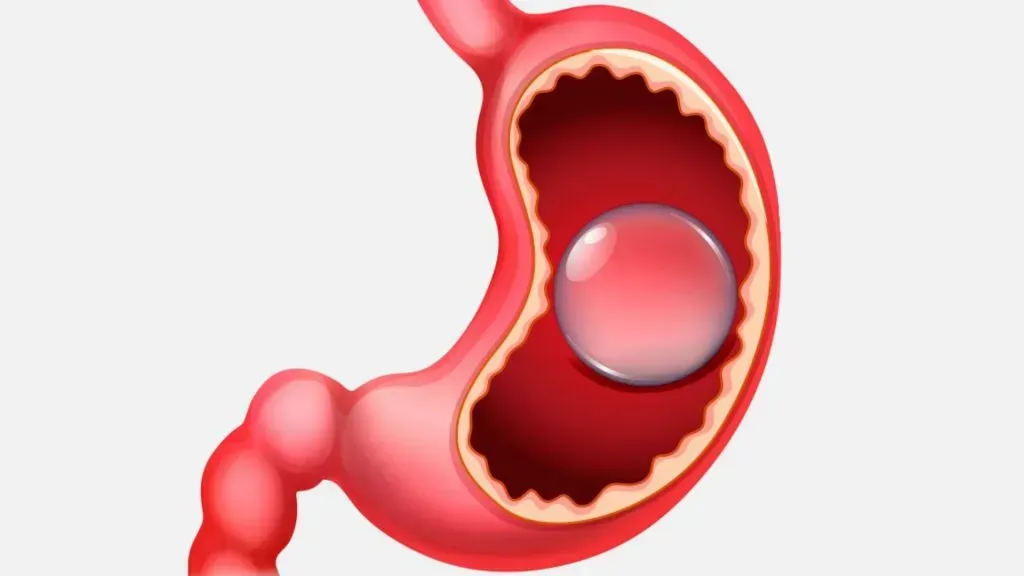The Crucial Role of Screening Colonoscopy in Preventive Healthcare
Screening colonoscopy is a vital procedure that plays a significant role in the early detection and prevention of colorectal cancer and other gastrointestinal disorders. Understanding the importance of undergoing regular colonoscopies can lead to improved health outcomes and potentially life-saving interventions. This article delves into the significance of screening colonoscopy in preventive healthcare and the impact it can have on overall well-being.
The Significance of Screening Colonoscopy in Early Detection:
Screening colonoscopy is a valuable tool for detecting precancerous polyps, colorectal cancer, and other abnormalities in the colon and rectum. By identifying these issues early, healthcare providers can intervene promptly and initiate appropriate treatment, potentially preventing the progression of serious conditions.
Preventing Colon Cancer Through Regular Colonoscopies:
Colorectal cancer is one of the most common types of cancer, but it is also highly preventable with routine screening colonoscopies. Detecting and removing precancerous polyps during a colonoscopy can significantly reduce the risk of developing colorectal cancer, making this procedure an essential preventive measure.
Addressing Gastrointestinal Disorders and Hemorrhoid Treatment:
In addition to detecting colorectal cancer, colonoscopies can help diagnose and manage various gastrointestinal disorders such as inflammatory bowel disease, diverticulosis, and hemorrhoids. Early detection through colonoscopy allows for timely intervention and appropriate treatment to improve gastrointestinal health.
Promoting Preventive Healthcare and Well-being Through Colonoscopy:
Regular screening colonoscopies are not only crucial for early detection of colorectal cancer and gastrointestinal disorders but also for promoting overall preventive healthcare. By prioritizing colonoscopy screenings as part of routine health maintenance, individuals can take proactive steps towards maintaining their well-being and reducing the burden of preventable diseases.
In conclusion, screening colonoscopy is a cornerstone of preventive healthcare, offering a proactive approach to detecting and preventing colorectal cancer, gastrointestinal disorders, and other conditions. By recognizing the importance of regular colonoscopies and prioritizing preventive screenings, individuals can safeguard their health and well-being for years to come.










